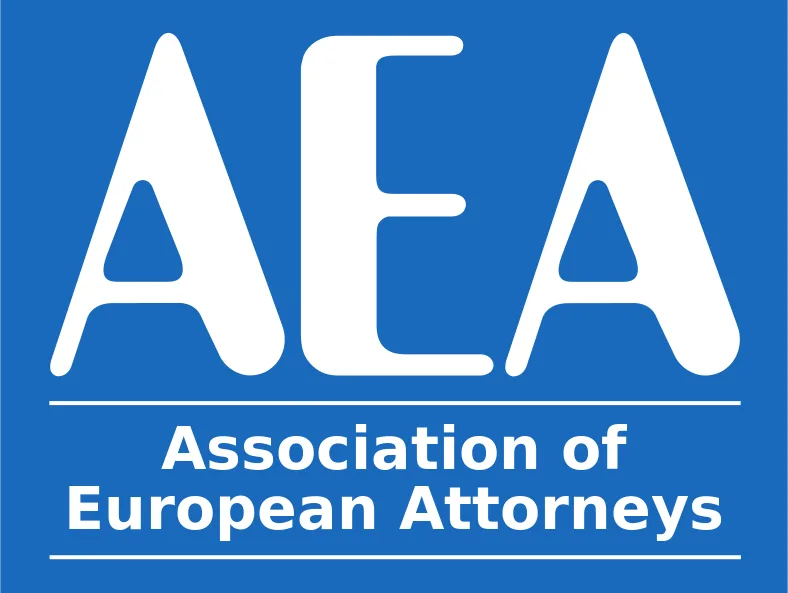Video: the Lawyer Explains: Closures under Article 13b Opium Act
When might You Face Closure of a Drug Premises under Article 13b of the Opium Act?
If hard or soft drugs are found in your home, garage, business premises, or any other space, there’s a high chance you’ll face criminal prosecution. Unfortunately, you often don’t just have to deal with the police and justice system. In addition to the criminal consequences your drug case may have, the municipality can take action against the discovery of drugs on your premises. Often there’s little that can be done, and preventing closure is difficult. However, our firm has had success in such cases.
Where Does the Mayor Derive Their Authority from?
The mayor of your municipality is authorized under Article 13b of the Opium Act to impose an administrative enforcement order when a commercial quantity of drugs is found. This enforcement order means that the mayor may close your home or premises.
When Can the Mayor Apply Their Authority?
The police may come to your premises based on a report, their own investigation, or a complaint from others. If a commercial quantity of hard or soft drugs is found on your premises, the mayor generally has the authority to close your property. It’s not required that drugs were actually traded in or from your premises. Whether you knew about the presence of the drugs, actually lived in the premises, and/or whether the drugs were yours, is irrelevant. Even if you’re a landlord and the tenants have already left the property, you may face closure of your premises. Article 13b of the Opium Act also applies to cannabis grow operations.
What is Considered a Commercial Quantity of Drugs?
The mayor may assume a commercial quantity for more than 5 grams of soft drugs, 5 cannabis plants, and more than 0.5 grams of hard drugs. In principle, it’s then assumed that this was intended for trade, unless you can prove it was for personal use.
How Long Can your Premises or Home be Closed?
The closure can vary from 1 month to an indefinite period. Each municipality is authorized to maintain its own policy. However, this policy must comply with legal requirements.
In many municipalities, the standard approach for a first soft drug offense is to issue a warning. However, there are also municipalities that immediately proceed with a 3-month closure upon the first discovery of soft drugs. If soft drugs have been found on your premises multiple times, the closure duration can increase to 6 or even 12 months.
Often, for a first discovery of a commercial quantity of hard drugs, the property is immediately closed for a period of 6 or 12 months. If hard drugs have been found on your premises multiple times, your property may be closed indefinitely.
If the mayor believes it’s a “serious case”, the closure duration may deviate from the policy.
What Happens During the Closure of a Drug Premises?
This varies by municipality. Most municipalities will change the locks on your property and seal the entrance door. Your premises will be visibly closed, with a notice or sign in your front yard. You are not allowed to enter your premises during the closure period. If you do, you’ll be committing a criminal offense.
What should You Do if You’ve Received a Notice of Intent to Close your Premises or Home?
The mayor cannot just close your home without due process. In most cases, you’ll first be given the opportunity to submit your perspective. Therefore, you’ll often first receive a notice of intent to close from the municipality. Only after the mayor has given you the opportunity to respond to the intention in writing or verbally will the final decision be made. It’s important that you respond to the mayor’s intention in a timely manner. Therefore, contact a criminal defense lawyer immediately once you’ve received the notice of intent to close.
What Can You Do against a Decision to Close your Premises or Home?
The law gives you the option to file an objection against a closure decision under Article 13b of the Opium Act. The mayor must always weigh the interests involved in their decision. If the mayor hasn’t properly balanced these interests, it’s possible that the closure of your premises is unjustified. If you’re considering taking action against the municipality’s decision, it’s important that your interests are properly presented.
Does Filing an Objection Prevent the Closure of your Premises or Home?
No. When you only file an objection against the decision, the municipality can still close your premises. To prevent the closure of your premises in the short term, a second procedure needs to be initiated. In addition to filing the objection, a request for a preliminary injunction (VoVo) must be submitted to the court.
A preliminary injunction is a quick interim decision by a judge, which is a provisional judgment. In some cases, the judge can also make an immediate final decision. When a request for a preliminary injunction is submitted to the court on time, in most cases the municipality will wait with the closure.
Why is it Advisable to Engage a Lawyer in these Procedures?
Sjanneke de Crom specializes in Article 13b Opium Act cases. She regularly achieves successes in these types of procedures. She has successfully litigated multiple cases up to the highest court, the Administrative Jurisdiction Division of the Council of State. Read the Division’s ruling of July 27, 2016 here and the ruling of May 22, 2019 here. Under certain circumstances, she can assist you in the procedures based on subsidized legal aid.
Have you received a letter from your municipality regarding Article 13b of the Opium Act? Then immediately contact our specialist, as prompt action is often necessary to prevent closure.








